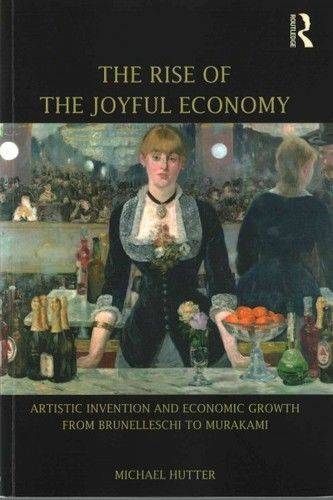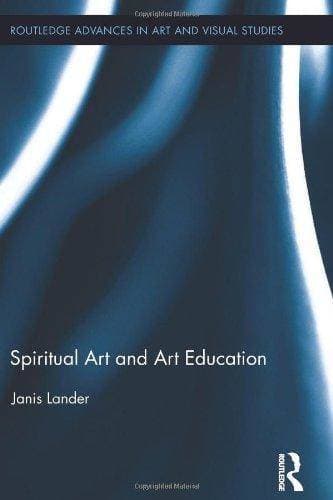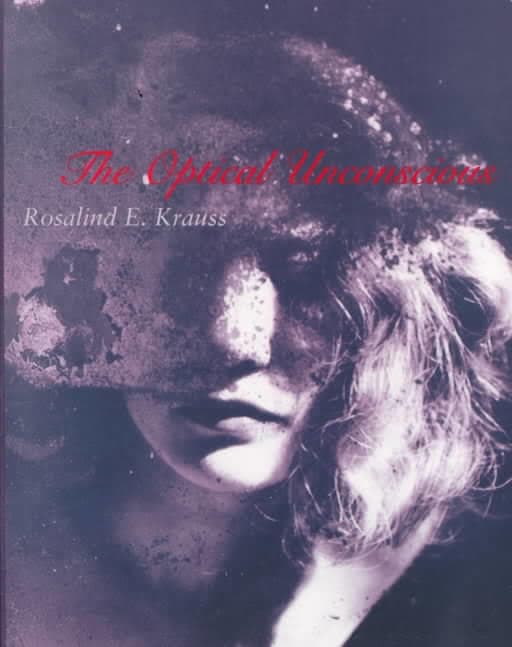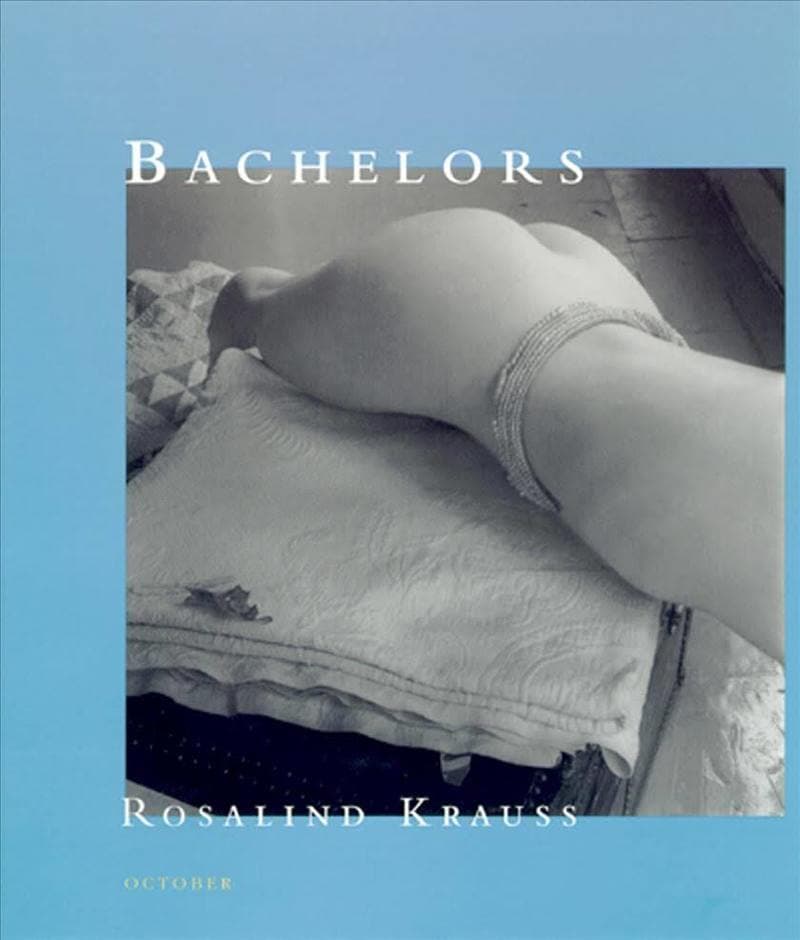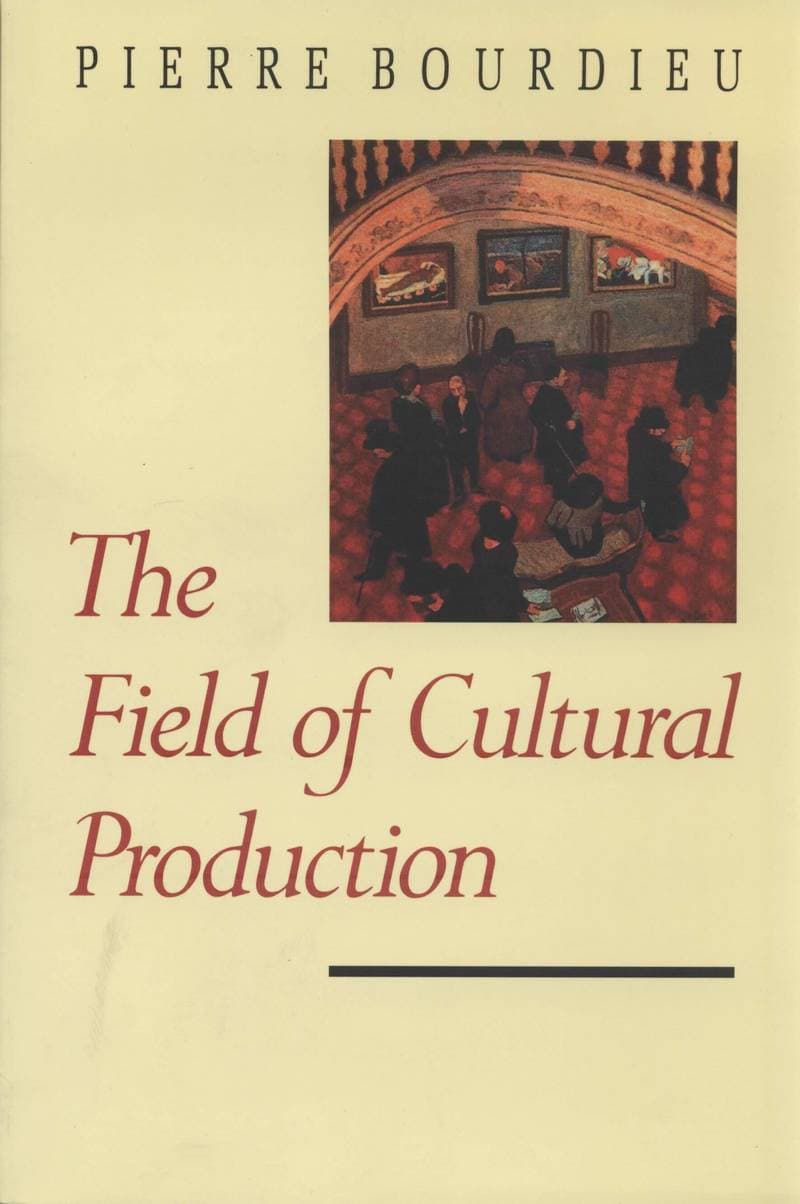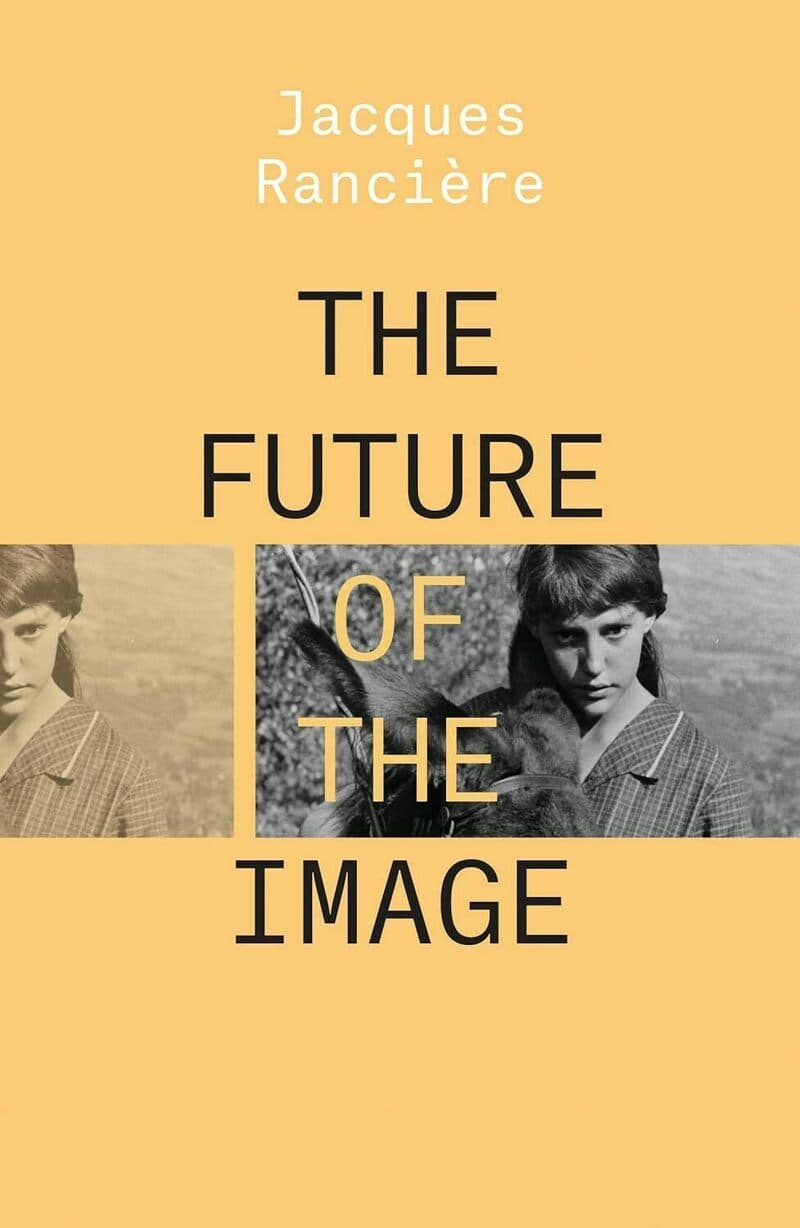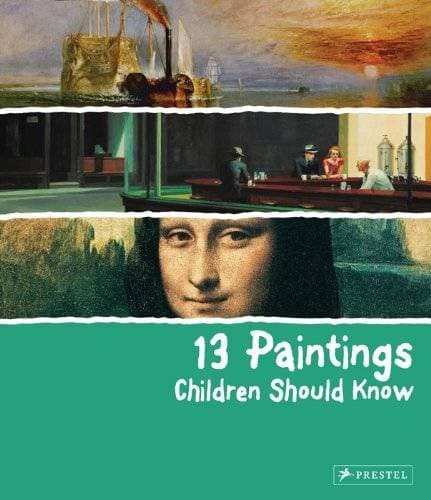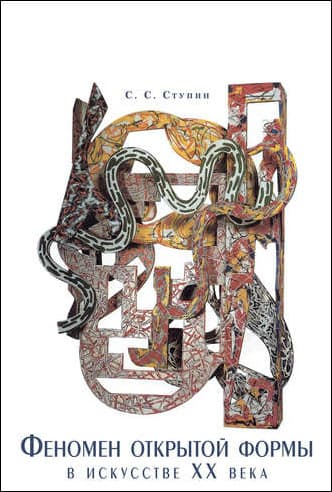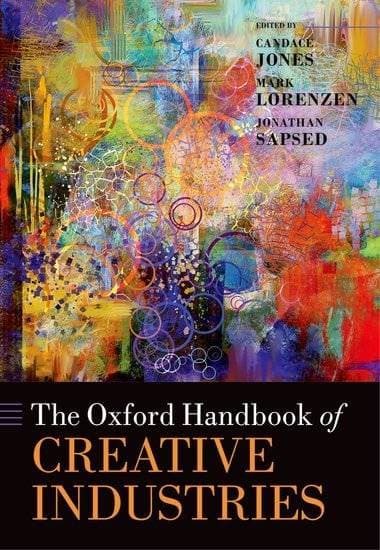The Rise of the Joyful Economy: Artistic Invention and Economic Growth from Brunelleschi to Murakami
This book argues for the increasing importance of the arts as a major resource in fuelling growth through the experiential dimension of today’s economy. As we move from the knowledge economy to a new stage called the joyful economy, consumers shift their spending from physical objects and technical know-how to experiences of joy and disappointment. This book investigates how artistic ideas are translated into successful commercial production, and how economic growth impacts artistic invention. It examines cases of successful innovation in the creative industries ranging from the Italian Renaissance to the present. The book suggests a framework where social players move in diverse worlds of value, which leads to a stream of controversies and manias that result in the establishment of new joy products. Studies include the effect of linear perspective, as pioneered by Filippo Brunelleschi, the discovery of taste as an argument for consumption, the serial production of Pop Art and the self-commercialization of contemporary works by artists like Takashi Murakami .
Details
Abingdon
2015
222 pages
9781138795297
Available on request
Yes
Yes
701.2 Hut
1
- Spiritual Art and Art Education2014
- The Optical Unconscious1998
- Краткая история «нового» в российском дискурсе об искусстве2022
- Чтение белой стены2011
- Bachelors2000
- The Field of Cultural Production. Essays on Art and Literature1993
- The Future of the Image2019
- 13 Paintings Children Should Know2014
- Феномен открытой формы в искусстве ХХ века2012
- Избранные искусствоведческие труды2000
- The Oxford Handbook of Creative Industries2015
- Картина классической эпохи. Проблема композиции в западноевропейской живописи XVII века1986
